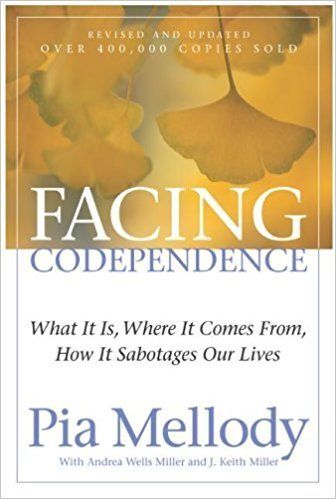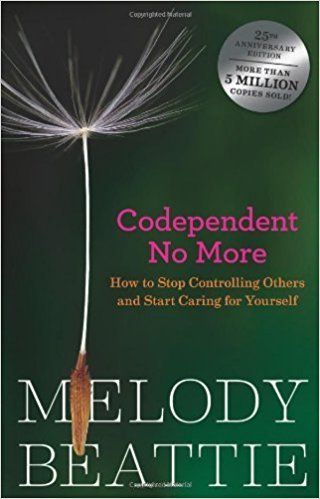Codependency
What is codependency and how do I deal with it?
Do you find yourself in relationships with emotionally unavailable people? Do you find yourself tired of taking care of other’s wants? Codependents have good intentions and view their thoughts and behaviors as helpful. However, they become depressed and frustrated when their efforts go unnoticed or are under-appreciated.
Bluffview Counseling's Dallas codependency therapists can help you gain tools to set and maintain healthy boundaries for your health and well-being.
Codependent people have a greater tendency to get involved in relationships with people who are perhaps unreliable, emotionally unavailable, or needy.
People who suffer from codependency have good intentions and view their thoughts and behaviors as helpful. However, they become depressed and frustrated when their efforts go unnoticed or are under-appreciated.
How do I know if I am codependent?
Generally, if you are consistently feeling unfulfilled in relationships, if you tend to be indirect in your communication with others, if you don’t assert yourself when you have a need or a request, or if you don't engage in pleasurable activities as much as others do, then you may be struggling with codependency.
How do I know if I am codependent? What are some symptoms?
- Controlling behaviors
- Distrust
- Perfectionism
- Avoidance of feelings
- Intimacy problems
- Care-taking behaviors
- Hyper vigilance
- Physical illness related to stress
Bluffview Counseling therapists
are highly trained to help with all issues related to codependency. Please contact us today to find out more.
What's the definition of codependency?
There are many definitions used to talk about codependency today. The original concept of codependency was developed to acknowledge the response in behaviors people develop from living with an alcoholic or substance abuser. A number of attributes can be developed as a result of those conditions. However, over the years, codependency has expanded into a definition which describes a dysfunctional pattern of living and problem solving developed during early childhood by family rules.
One of the many definitions of codependency is: A set of maladaptive (1), compulsive (2) behaviors learned by family members in order to survive in a family which is experiencing a great deal of emotional pain and stress (3):
- Maladaptive — inability for a person to develop behaviors which get needs met.
- Compulsive — psychological state where a person acts against their own will or conscious desire in which to behave.
- Sources of great emotional pain and stress — chemical dependency, chronic mental illness, chronic physical illness, physical abuse, sexual abuse, emotional abuse, divorce, hypercritical or non-loving environment.
As adults, codependent people have a greater tendency to get involved in relationships with people who are perhaps unreliable, emotionally unavailable, or needy. The codependent person tries to control everything within their relationship without addressing their own needs or desires, setting themselves up for continued disappointment.
Even when a codependent person encounters someone with healthy boundaries, the codependent persons still operates in their own system. They are not likely to get involved with people who have healthy boundaries. This of course creates problems that continue to recycle. If a person struggling with codependency continues to choose not to get involved with people who have healthy boundaries and coping skills, then the problem continues in each new relationship.
“My sessions with Gene have been extremely helpful to me in terms of understanding and coming to grips with codependency. I am beginning to see that there can be resolutions to situations that I thought were unchangeable. Most importantly, his guidance is helping me to learn to be okay with life as it comes."
W.F.
What's my next step?
It can be difficult to take the next step, and to seek action, but that might be the most important step of your life. You can schedule an appointment online, or call or email us with any questions you may have at (214) 390-5800
or email us at Info@BluffviewCounseling.com.
If we are unable to answer, you can leave a secure and confidential voice mail and someone from our office will follow up with you as soon as possible.




